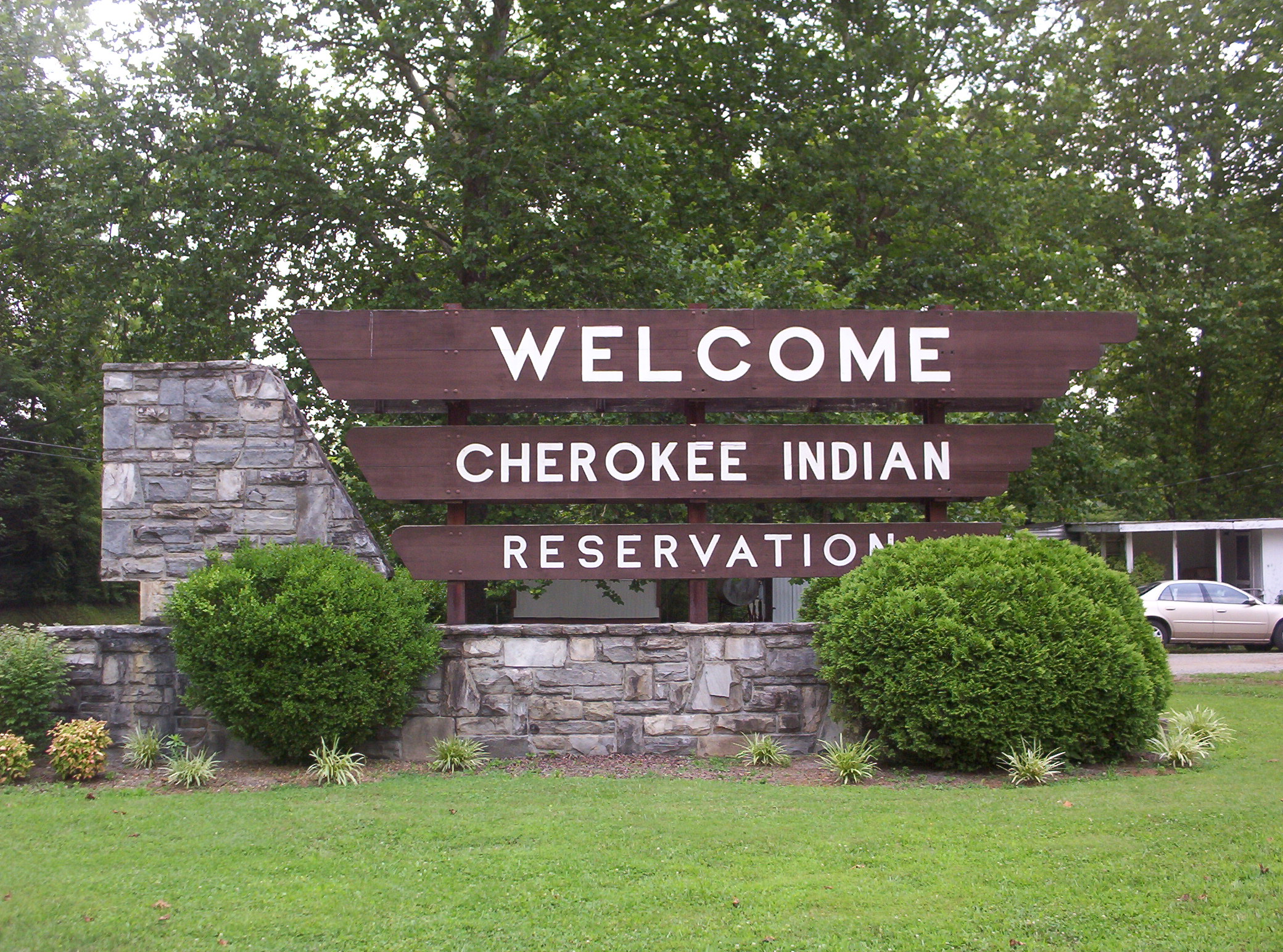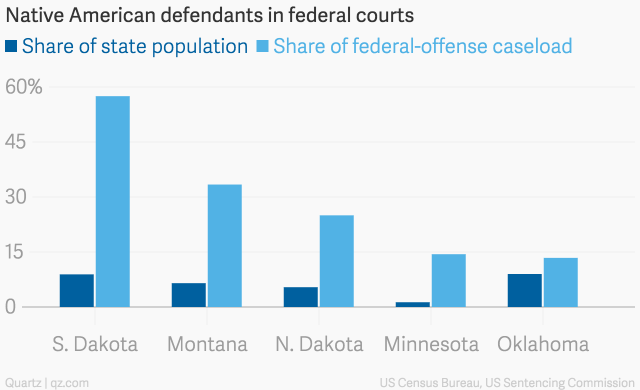Bernie Sanders Tackles Native American Discrimination

By:
Sen. Bernie Sanders called attention to a frequently overlooked aspect of America's criminal justice system on Thursday. In a tweet, the Vermont senator addressed the disproportionate incarceration of Native Americans, who are imprisoned at levels 38 percent higher than the national average.
"This is discriminatory and unacceptable," Sanders wrote.
Though there has been a significant amount of media attention focusing on the disproportionate sentencing of other minority groups in the U.S. — namely black and Latino citizens — the Native American incarceration rate is often ignored, according to this 2016 report from the Nieman Foundation. That's in spite of the fact that Native American men are "imprisoned at more than four times the rate of white men, and Native American women over six times as often as white women."
In states with larger Native American populations, the problem is especially pronounced.
 Wikimedia - wikimedia.org
Wikimedia - wikimedia.org
Take Montana, for example: Native Americans account for seven percent of the state's total population, but about one in every five arrests in the state (20 percent) involves an indigenous resident, the Council of State Governments Justice Center found earlier this year.
And in South Dakota, where Native Americans account for nine percent of the state's total population, the group is represented in South Dakota's federal prisons at a rate of about 60 percent.
 Quartz - qz.com
Quartz - qz.com
The primary reason for the sentencing disparity has to do with the fact that “Native Americans are typically prosecuted under federal law for serious offenses committed on reservations," whereas "[s]tate punishments for the same crimes tend to be lighter," The Wall Street Journal's Dan Frosch reported.
Approximately 22 percent of Native Americans in the U.S. live on reservations or tribal lands, where the federal government has jurisdiction in criminal proceedings. The National Institute of Justice cites higher rates of violent crime in Native American communities as the reason behind the group's disproportionate representation in the criminal justice system, but experts note that those tried in federal courts also tend to serve longer sentences than those tried in state courts.
Here are two examples, referenced in Frosch's 2015 article:
"[A] defendant convicted of assault in South Dakota state court received an average sentence of 29 months. A Native American defendant on a South Dakota Indian reservation who was prosecuted in federal court for the same offense received an average penalty of 47 months, Mr. Droske wrote... Native American defendants convicted in federal court in the state likely were to serve out the majority of five-year sentences because there is no parole under the federal system."
The issue is more complicated than simply attributing the disparity to federal versus state courts, as Quartz explained. Native American communities generally lack the legal resources to fight unfair criminal penalties, and the factors contributing to high violent crime rates in native communities (such as alcoholism) haven't been addressed in an actionable way, advocates argue. Increased awareness of this criminal justice disparity represents just the first step.
